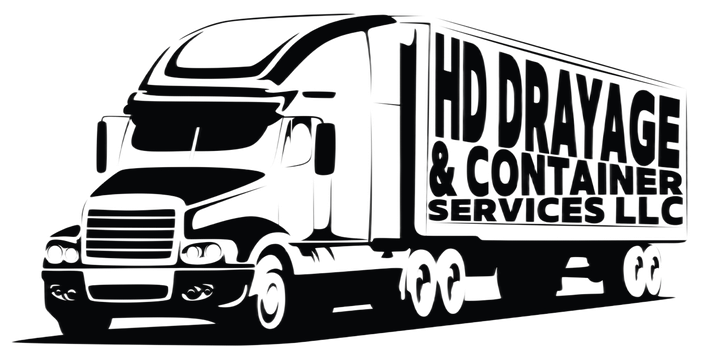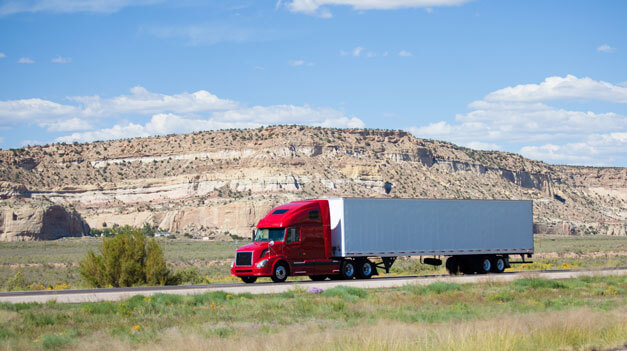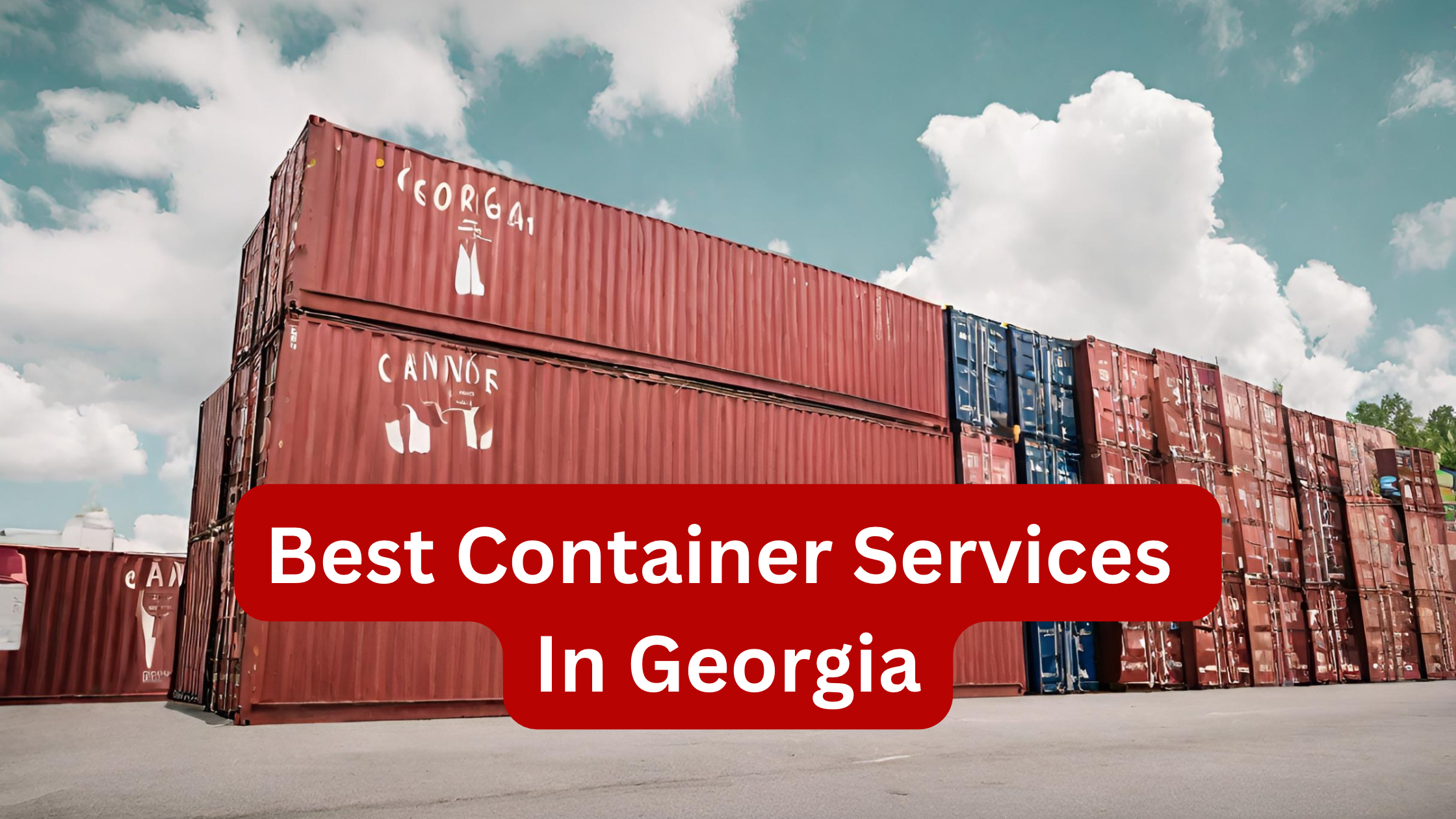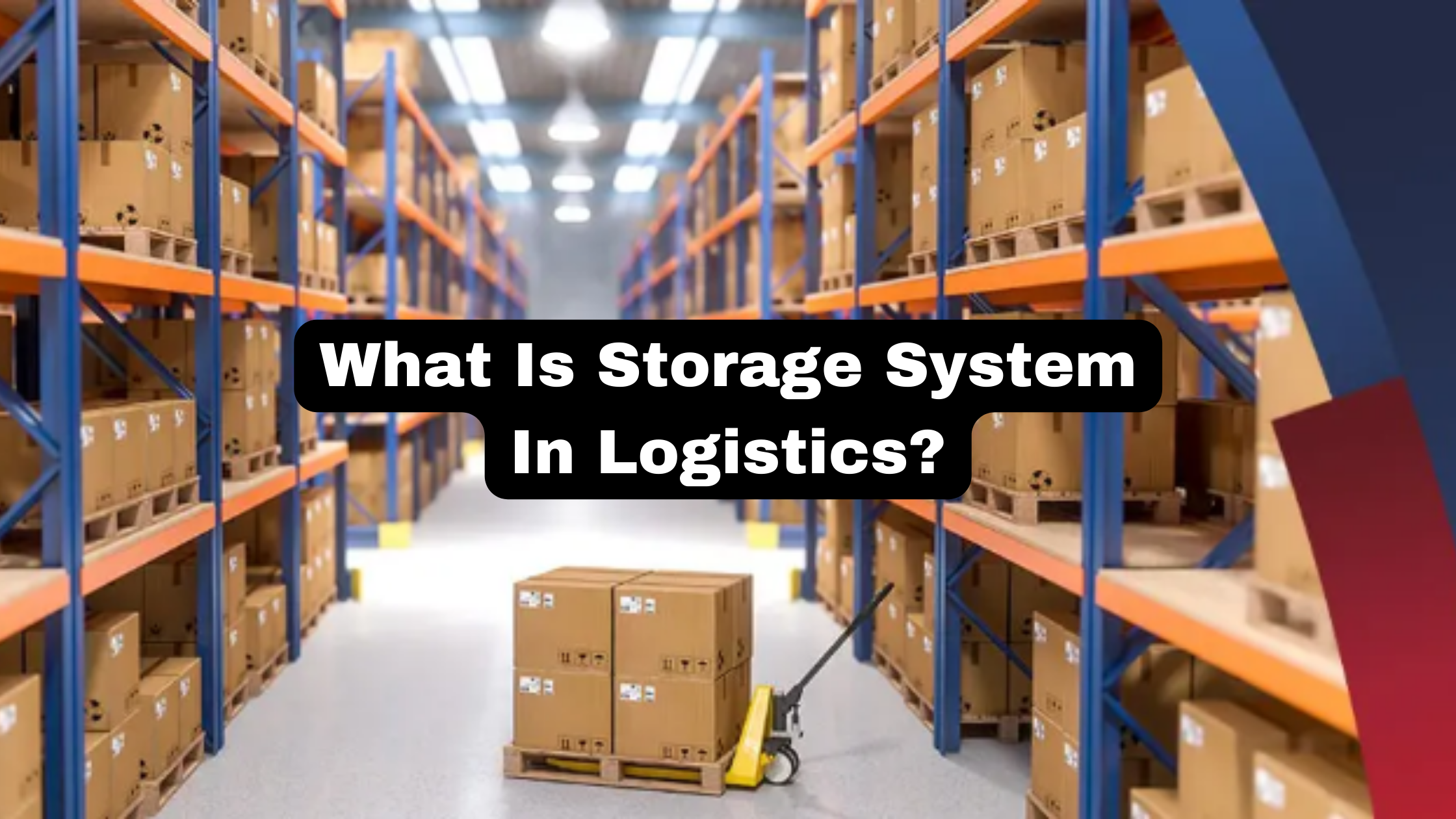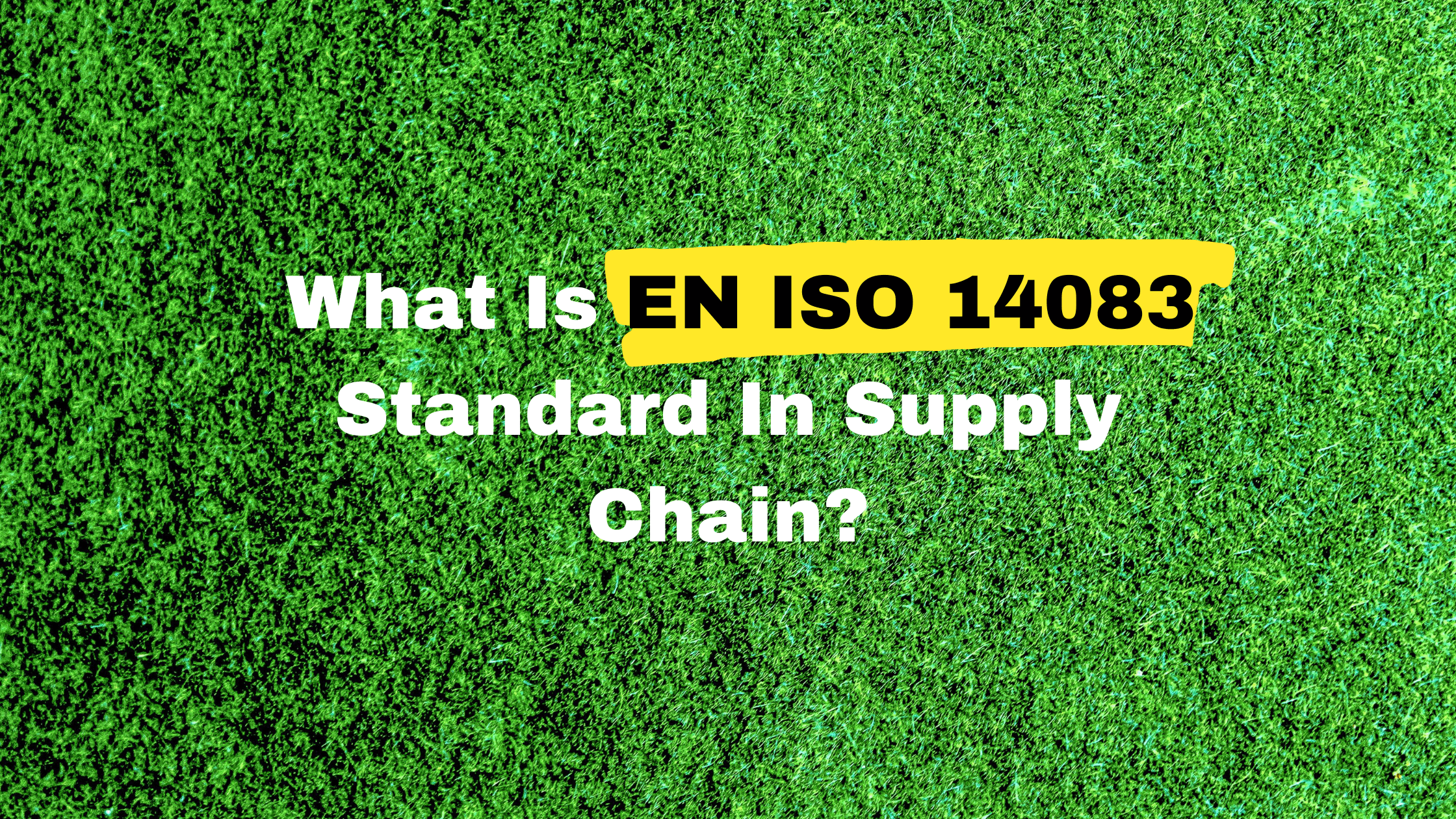You’re probably aware of dry van trucking services if you know about logistics. The most popular trailers used for shipment are dry van trucks. A critical decision in your business could be deciding which type of freight you will receive or deliver your goods.
It is necessary to know if the most popular and common transportation service suits your business or not. In this blog, I will be discussing all about dry vans so you could choose if this is the right one for you.
Dry van shipping has several advantages for manufacturers, distributors, and shipping companies over other freight shipping methods. Dry van shipping trailers are highly adaptable, accommodating a wide range of non-perishable goods like building materials, plastics, household goods, and shelf-stable food.
The cargo can be shipped on wrapped pallets, stacked in boxes, or left loose because the trailer is sealed and enclosed. Depending on delivery requirements, the shipping method can also be used with LTL, half-full, and full-load shipping methods.
Dry van shipping trailers are big, sealed boxes that protect cargo from the elements while in transit. They are effective at delivering non-perishable goods to their final destination, but they are not suitable for transporting perishable goods like fresh food or dairy. The cargo can be safely locked away from potential thieves because it is enclosed in all sizes.
Dry van delivery is one of the most commonly used sorts of side-of-the-road transport. So, when shipping customers need to be experienced dry van shipping companies, they almost always have access to them.
Dry van shipping typically has significantly lower shipping costs for customers due to the method’s lack of specialized equipment and the readily available dry van shipping companies.
The first thing that needs to be done to determine if dry van shipping is suitable for moving goods is to determine if the goods need special transportation accommodations like a flatbed or temperature-controlled environment.
Dry van shipping might be an option if the goods are manageable or non-perishable. When the dry van delivering technique has been chosen, the following stage is reaching a delivery organization. The company ought to be able to arrange the appropriate method, such as, regardless of whether the shipment is one-time or ongoing.
Full truckload or less than a full truckload—to accommodate the cargo at the lowest cost. Weight and density of the load Start and end point Special load requirements like handling or regulatory standards could affect the final cost of shipping.
Advantages of using Dry Van
- Protects Cargo From Damage:
A dry van is a shipping container storing freight goods. Because it has four sides, it protects interests in transit better from weather conditions like wind, rain, and snow. Hale Trailer describes its dry vans as “an ideal choice for shipping items sensitive to moisture” because they “keep your cargo clean and dry.”When shipping over long distances that involve driving across highways, prairies, and mountains, dry van trailers are crucial for protecting freight goods. Dry van trailers help protect interests during shipping because Mother Nature can be destructive.
- Goods protected from Theft:
Safety is the most crucial factor to consider when selecting a shipping trailer. Dry van trailers secure cargo during transport, resulting in fewer insurance claims for freight. Dry van trailers are used to transport cargo, secured with locks that stop crime while transported. In contrast to curtain-side trailers or flat deck trailers, this sort of trailer ensures that your belongings are not visible or accessible. Companies may rest easy knowing that this vehicle will provide the necessary safety.
- Powerful Floors:
Dry van trailers have more robust floors than other types of trailers. If you want to move bulky goods that need to be protected from the elements and theft, this structural advantage allows transporters to use their towing motors to haul any cargo they want.
- Optimum Cost:
Since they do not require additional operational or service permits, numerous shipping companies are already in operation. Dry van trailers are additionally entirely adaptable and flexible; as a result, they can be used to handle freight. Due to their high demand, many dry van trailers are available at reasonable prices. Due to the goods’ protection from the elements and thieves, dry van trailers are more appealing to many shipping companies because they are relatively less expensive.
- Door Usability:
The doors on dry van trailers are simple to operate, which is yet another advantage of using them for shipping. Most have roll-up or swing doors that are simple to use and function. Due to its simplicity of operation, you can quickly unload, load, and secure the trailer when shipping your goods. Compared to other kinds of trailers, shipping trailers will save you a lot of time and hassle.
- Variety of Sizes:
Different-sized dry van trailers are available. There are straight trailers, 28-foot trailers, and 53-foot trailers. This ensures that businesses can choose their preferred size based on the nature of their loads. This makes this type of trailer more convenient and flexible than the flatbed types.
Dry van trailers offer some advantages compared to other cargo shipping trailers. Because of this, dry van trailers are a common feature in the shipping industry, so it’s essential to keep an eye out for them. However, Dry Van could never be a good choice if your freight needs to be refrigerated because the dry van has no temperature control or other climate adjustments.
